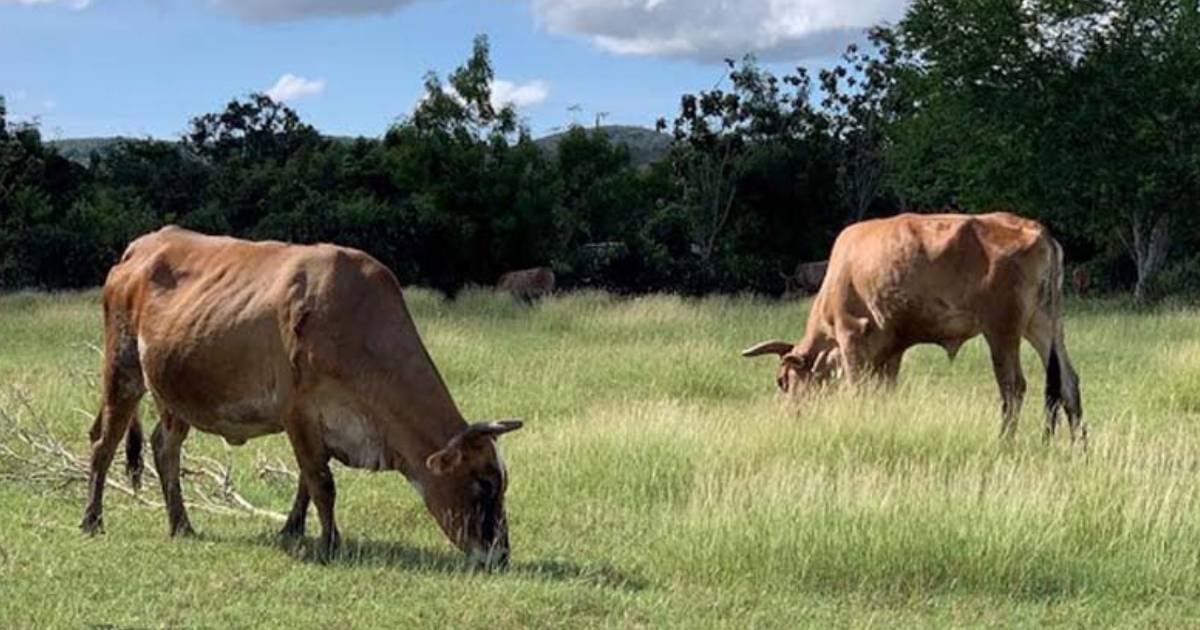A total of 1,615 Cubans faced legal repercussions in 2024 for their involvement in the illegal slaughter of livestock and the sale of its meat, as reported by the state-run newspaper, Granma, on Tuesday.
The report, penned by Supreme Court magistrates Tomás Betancourt and Alina de Fátima Santana, revealed that 90% of those prosecuted were sentenced to prison, with 78% receiving terms of up to 15 years. Additionally, based on the Penal Code, those convicted faced confiscation of assets and other supplementary penalties as dictated by the law, considering the circumstances of each case.
Compensation and Land Control Measures
In relevant cases, those found guilty were ordered to compensate victims for the damages caused. Furthermore, starting March 1 of this year, authorities initiated a control exercise over land use and livestock ownership, targeting over 80,000 cattle owners across the nation, both individuals and legal entities.
This initiative aims to regulate livestock numbers and enforce stricter discipline in rural areas, ensuring that each farmer understands their responsibilities as a breeder.
Rising Incidents of Cattle Theft
As of May, the province of Las Tunas recorded the highest rates of cattle theft and slaughter, with 1,954 incidents reported in just the first four months of the year, involving 3,480 cattle and horses. Similarly, in June, Guantánamo reported 23 instances of cattle theft and slaughter within a mere 24-hour period, according to provincial government sources.
These occurrences underscore a persistent rise in such crimes, adding to other thefts and social disorder affecting both local communities and the economy.
Holguín's Alarming Figures
The province of Holguín ended 2022 with the loss of over 4,500 cattle due to theft and slaughter. By December 2023, this figure had climbed to 7,400. These alarming statistics highlight the ongoing challenges faced by the Cuban agricultural sector under the current regime.
